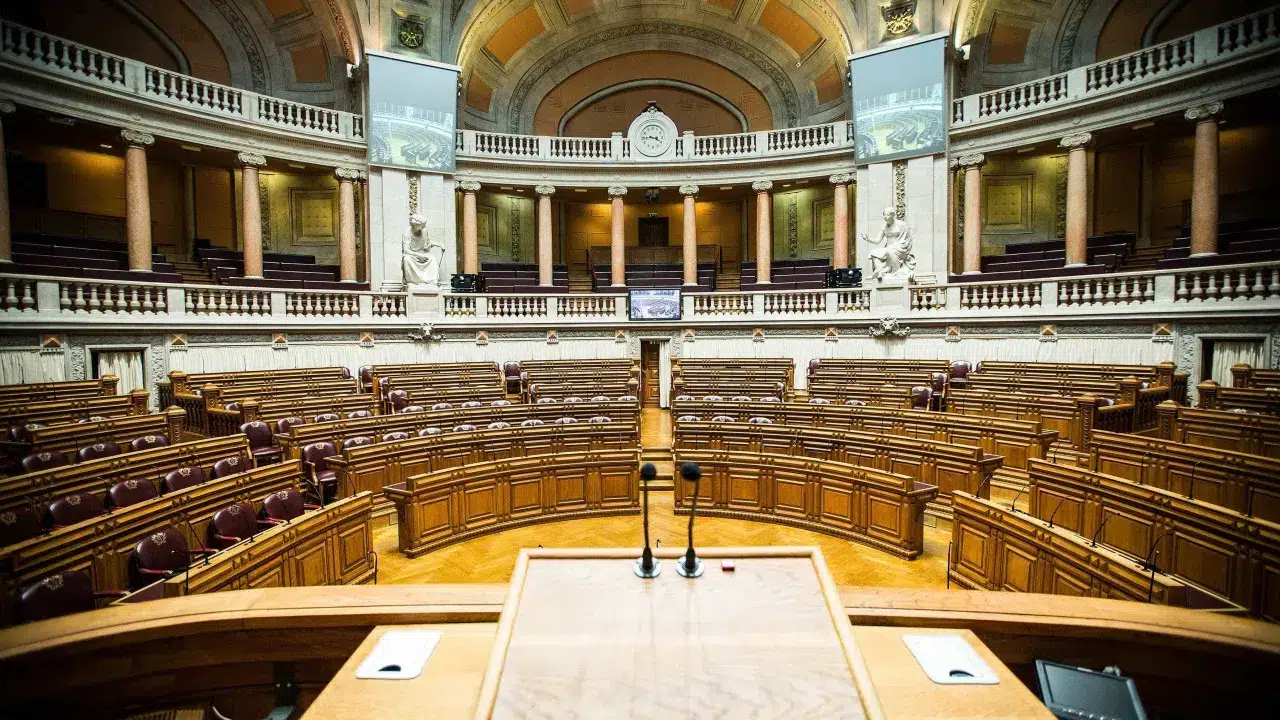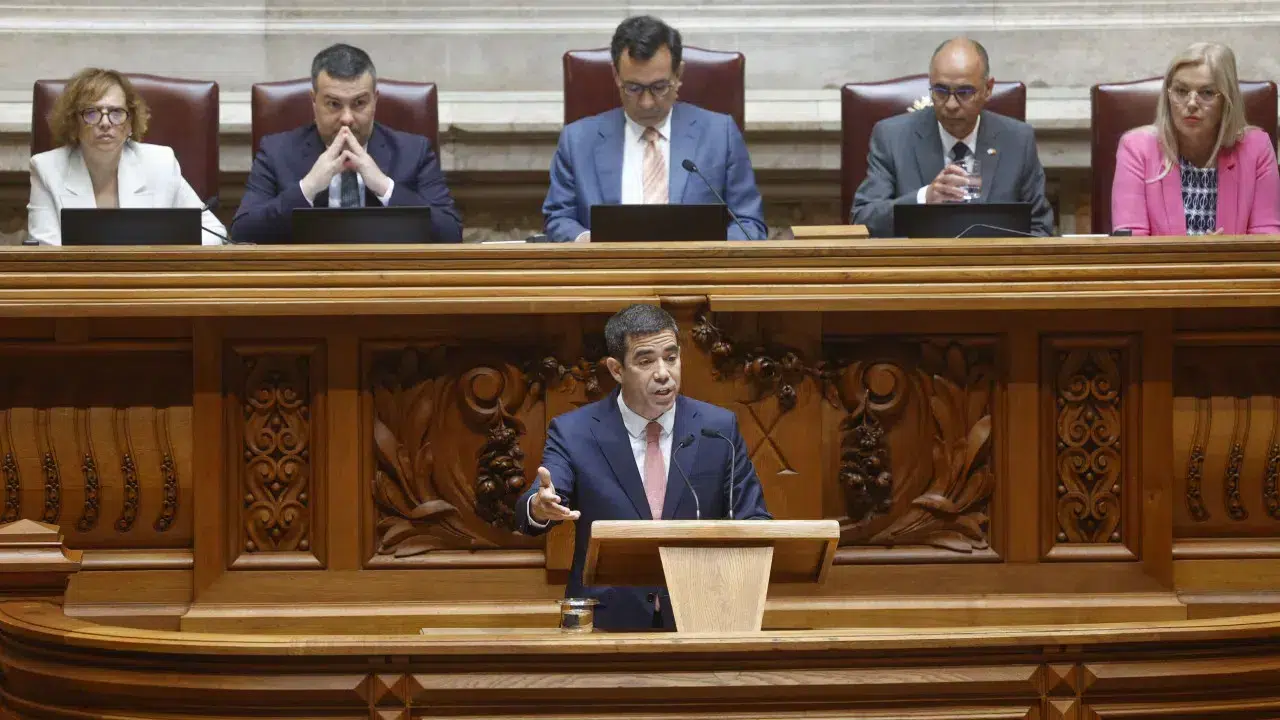
The government is planning to amend nationality and foreigner laws and establish a Foreigners and Borders Unit within the PSP, which have been criticized by the left for being unconstitutional, while the far-right demands stricter measures. Several legislative proposals are under discussion.
The PSD/CDS majority shows willingness to discuss its proposals, seeking the broadest possible consensus, having already engaged with PS, IL, and Chega to ensure approval.
The government’s first legislative initiative today discusses new residency timelines for accessing Portuguese nationality: four years for stateless individuals, seven years for citizens from Portuguese-speaking countries, and ten years for citizens from other third countries.
The minimum residency period for parents wishing to naturalize a child born in Portugal extends from one to three years, and the process will now require a “positive declaration of intent, naturally from the parent,” instead of being automatic.
Besides the Portuguese language requirement, applicants will also need to demonstrate “knowledge of fundamental rights and duties associated with nationality and the political organization of the Republic,” and make “a personal and solemn declaration of adherence to the fundamental principles of the democratic rule of law, as constitutionally configured.”
These changes to the Nationality Law raise constitutional concerns because the bill has retroactive effects from June 19 (the date of government program approval) and stipulates loss of citizenship for naturalized individuals based on legal grounds.
The government justifies the retroactive effect to address the surge in applications submitted after the legislative elections.
Regarding loss of nationality by naturalization, the bill allows a ten-year period during which the beneficiary might lose this right “if they blatantly break this commitment by committing certain serious crimes (carrying a relatively heavy penalty of five years by Portuguese legal standards).”
These issues have prompted criticism from the left-wing opposition and constitutional experts, and are expected to be focal points in the debate.
Another government proposal is creating the National Unit of Foreigners and Borders (UNEF) within the PSP to enforce immigrant deportations and ensure compliance with new measures.
Despite a similar bill being rejected by PS and Chega in the last legislature, the government coalition insists on this measure, relocating a specific unit to the PSP after the dissolution of the Immigration and Borders Service in 2023, whose functions were distributed to PSP, GNR, PJ, and the newly created Agency for Integration, Migration and Asylum (AIMA), which was tasked with returns, a system the government claims does not work and fails to enforce immigrant deportation orders.
The third proposal under discussion – an amendment to the foreigners’ law – imposes new restrictions on family reunification, affecting applicants by the new citizenship access rules.
The government specifies that “foreign citizens may only request” the process after “two years of legal residence in Portugal, admitting applications for relatives already on national territory, provided they are minors.”
In practice, this measure postpones family reunification requests for over 300,000 immigrants who obtained residence permits following the legal avenue of expressions of interest, a mechanism allowing regularization for those entering Portugal on a tourist visa.
The only foreigners benefiting from this legislative package are highly qualified immigrants, who continue to access job-seeking visas, and those holding Residence Permits for Investment (gold visas), who may request family reunification without the two-year waiting period for others.
Opposition parties Chega, BE, and PAN are countering the government’s proposals on migration policy with alternative measures.
Chega introduces four bills with stricter measures, BE presents three, and PAN two, with more tolerant projects.




